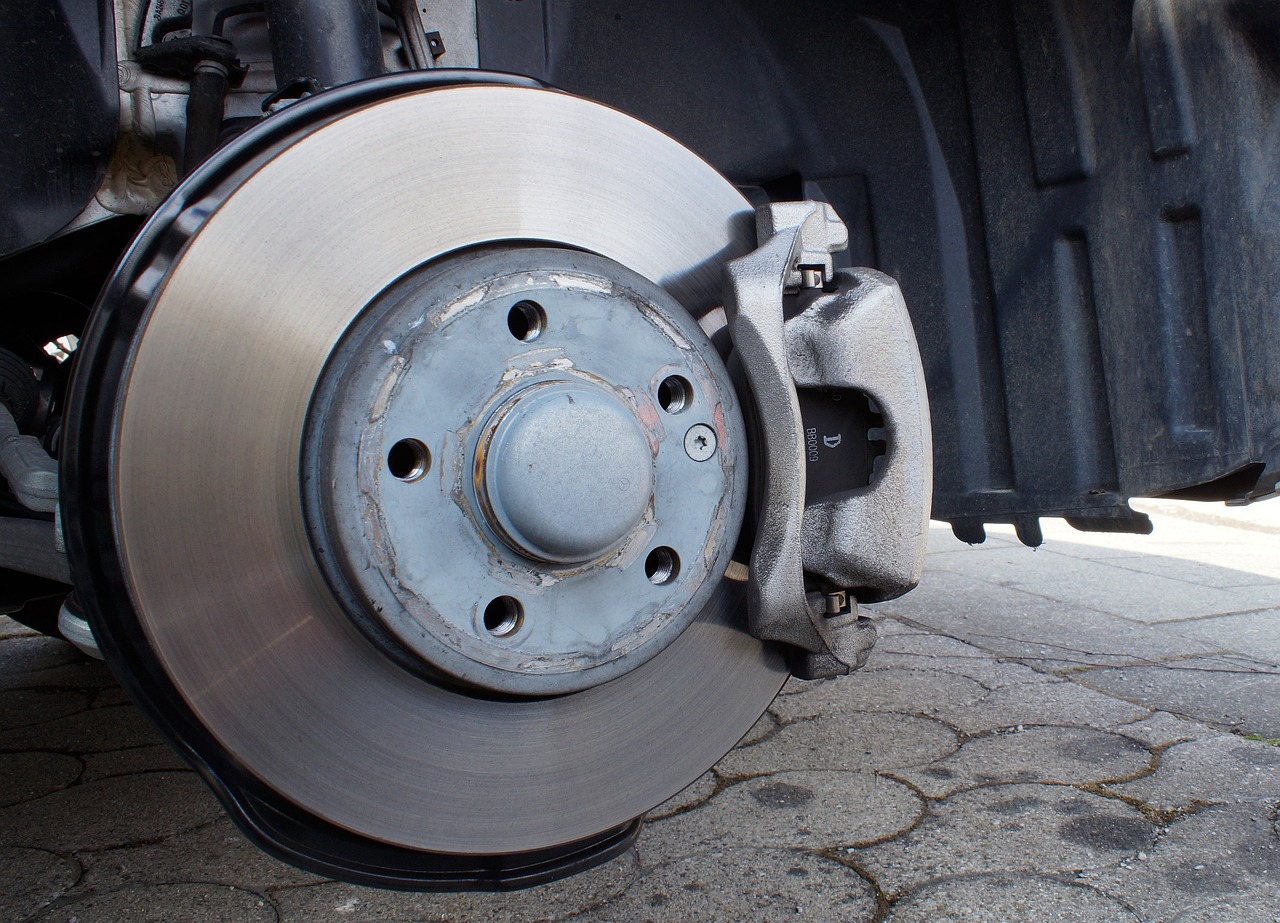
Brake pads perform a vital function in your braking system. They generate the friction that brings your wheels to a stop. As time passes, the pad slowly wears down and needs replacement. As your Chevy dealer in Butler, PA, we’d like you to know more about the pads and when you need to change them.
What Are Pads
The pads fit inside the brake calipers, and a set of calipers is positioned above each wheel rotor. When you hit the brakes, pressurized brake fluid forces the calipers to close on either side of each of the rotors. The friction material covering the pads generates friction against the smooth surfaces of the rotors, and this action slows and stops your car.
The friction material covering on the pads slowly wears off as they generate friction. Eventually, the material covering will have worn down and will need replacement.
When Should You Replace Pads
The lifespan of a pad varies between 25,000 miles and 65,000 miles, depending on climatic conditions, your braking style, and any problems with your braking system. A pad has a 1/2″ thick material covering when it’s new, and it needs to be replaced when the covering has declined to 1/4″ thickness. We’ve included some signs below that it’s time for new pads.
The Pad Indicator Light Illuminates
Your Chevy has numerous sensors which are connected to vital components. These sensors continually monitor their attached component and supply this information to your car’s computer. The pads also have sensors connected to them, and when a pad’s thickness drops to 1/4″ thick, the pad indicator light will illuminate.
When this light is illuminated, we advise visiting us so we can replace the pads for you. Pads are quick and easy to remove and replace, and we can complete the job while you wait.
Screeching Sounds
High-pitched screeching noises when you brake are a sign that the pads have worn down. The screeching is produced by a warning device installed on every pad by the manufacturers. A metal spike becomes visible in the pard when the pad’s thickness reaches 1/4″. The next time you brake, the metal spike will scratch against the rotor surface and produce a screeching sound.
The spike doesn’t damage the rotor, but the screech it produces is a warning that you need to visit us for replacement pads. If the pads aren’t replaced, the material will wear off completely. Once this happens, the rough metal of the pads will damage the rotor surfaces each time you brake. You’ll hear a harsh grinding noise when this happens, and you’ll need to visit us ASAP to prevent rotor damage.
Healthy pads allow you to brake faster and smoother, and this can be the difference between a near miss and an accident. Call our service department today at Mike Kelly Chevrolet.
Image via Pixabay


